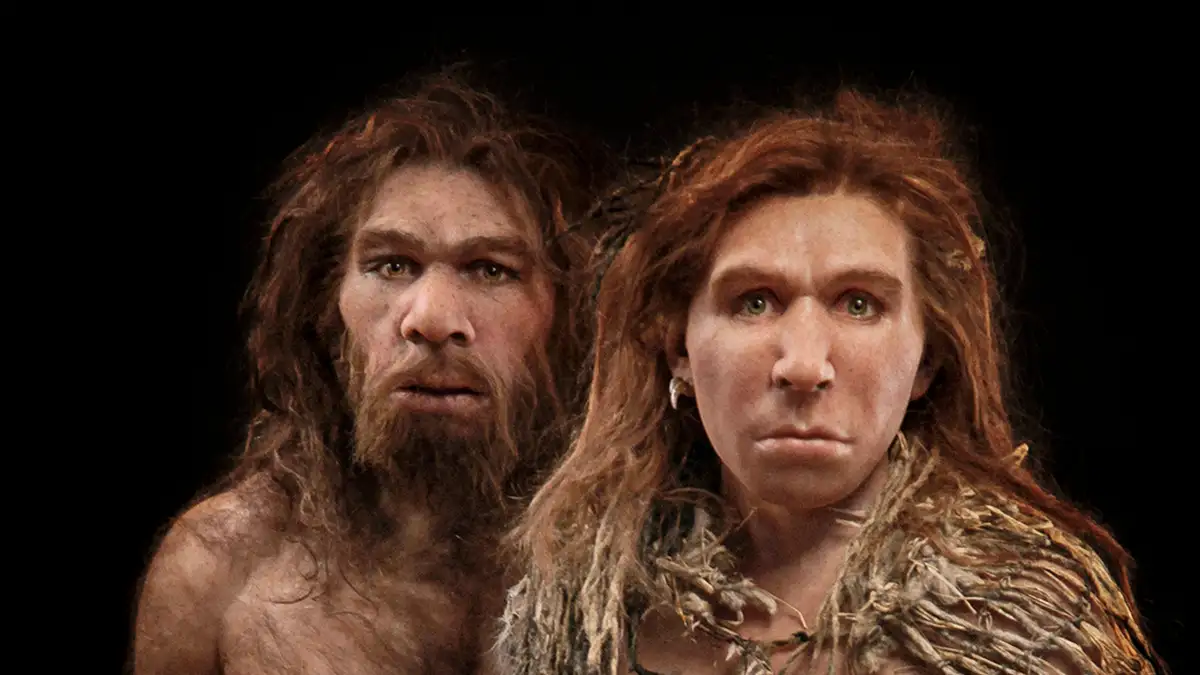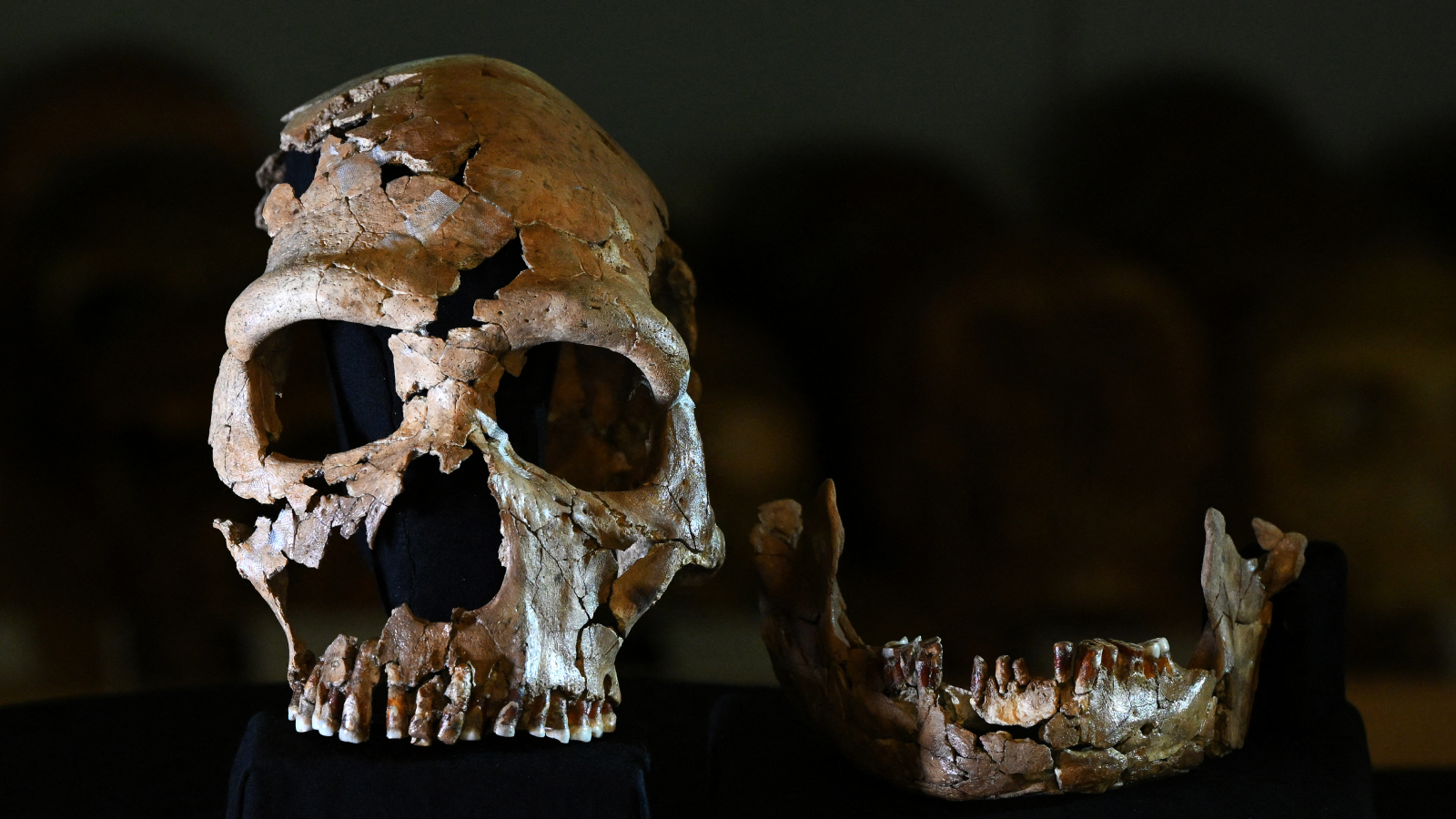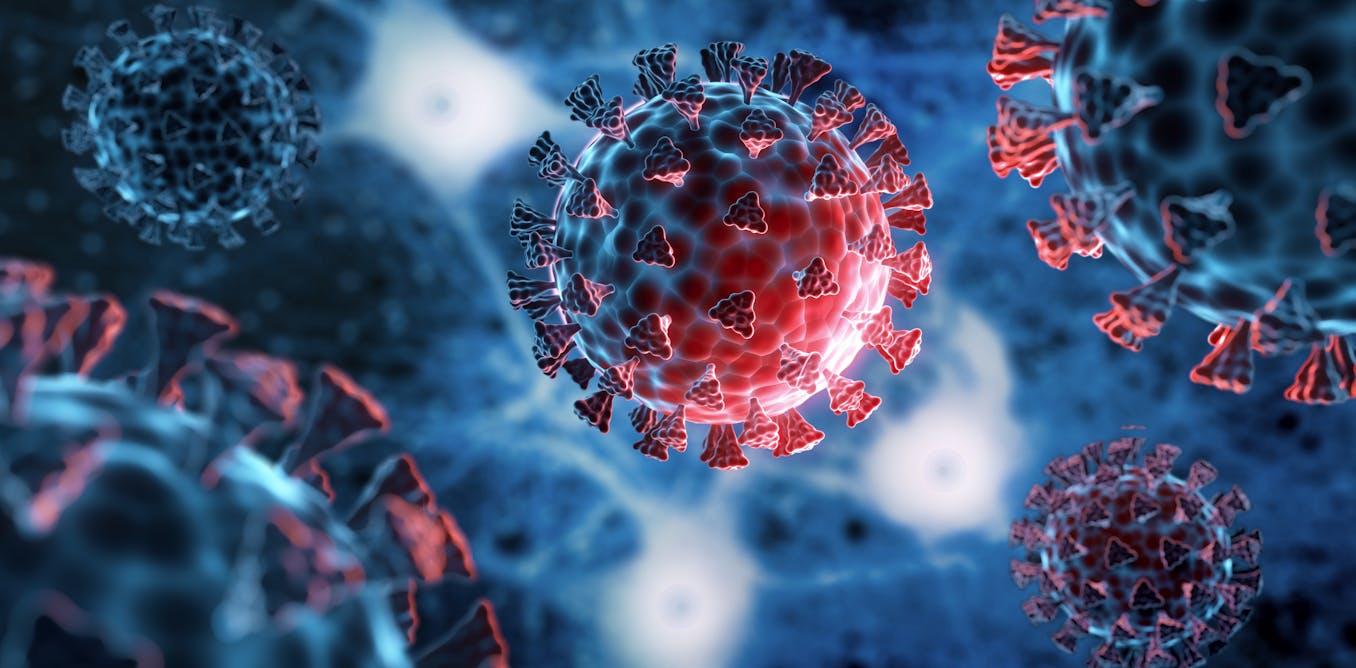T4K3.news
Research shows evolution shaped human smiles
New findings reveal how diet and evolution have affected human dental health.

Research reveals how diet and evolution influenced human dental structure.
Evolution changed our smiles and made teeth more crooked
New research indicates that the prevalence of misaligned teeth may have increased due to dietary changes and evolutionary processes. Ancient human ancestors had larger jaws suited for chewing tough foods, but as agriculture became common around 12,000 years ago, diets shifted to softer, more processed foods. This shift reduced the mechanical strain on jaws, leading to a gradual shrinkage in jaw size over generations. Experts note that while malocclusions, or crowded teeth, were present in early humans, they appear to be much more common today. Factors such as changes in jaw size and dietary habits could explain the growing prevalence of crooked teeth among modern populations.
Key Takeaways
"If you don’t need a huge mandible, it’s energetically costly to build that extra bone."
Correlating jaw size with energy efficiency, Dr. Myra Laird explains jaw evolution.
"The rate of malocclusion goes way, way up in modern humans."
Dr. Myra Laird highlights the significant increase of malocclusions observed today.
"I think we’re a lot more aware of malocclusions now than anybody was in the past."
Sue Herring notes how societal perceptions of dental issues have evolved.
This exploration into human dental evolution highlights how significant dietary shifts have shaped our anatomy beyond mere nutrition. As we moved away from tough, fibrous diets to softer options, it became clear that our jaws adapted to these changes, often at the expense of dental alignment. This phenomenon reflects broader trends in health and lifestyle emerging through agriculture's impact. It invites a reconsideration of how modern eating habits continue to influence physical health, raising questions about the long-term effects of diet on human evolution.
Highlights
- Our jaws shrank as we shifted to softer diets
- Dental crowding is on the rise due to modern diets
- Smaller jaws mean less room for teeth to fit
- Our awareness of dental aesthetics has changed over time
Potential health implications of dietary evolution
The shift in human diets may lead to increased dental issues, indicating the need for public awareness about nutrition's impact on health.
The impact of our diets on dental health continues to shape human evolution.
Enjoyed this? Let your friends know!
Related News

Scientists reveal traits of Neanderthal and Homo sapiens hybrids

New research highlights diet's role in human evolution

New findings reveal connections between humans and Neanderthals

Research Reveals Earth's Magnetic Collapse Impacted Early Humans

New research links climate with language sounds

Research links Neanderthal genes to brain condition

COVID conspiracy theories jeopardize pandemic prevention

New Study Reveals Neural Mechanism in Fear Responses
